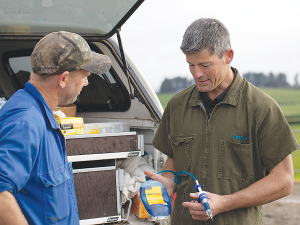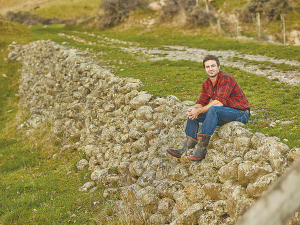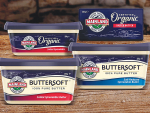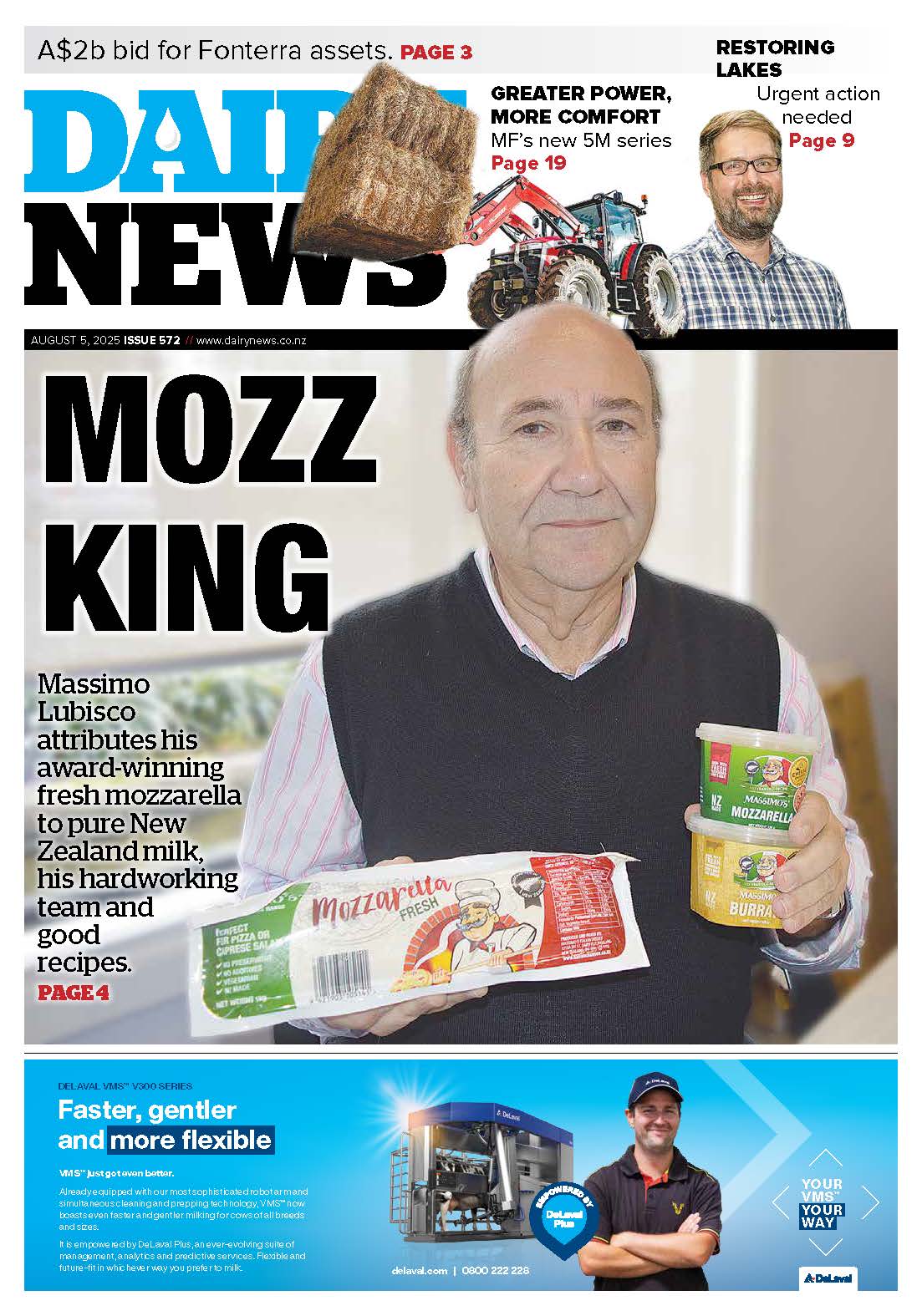Most farmers do their best to make sure the herd has been supplemented before calving and assume this will pass on to the calf.
However, the cow’s own high requirements and variable intake of colostrum can mean calves enter the calf shed with less trace elements than expected, at exactly the time they need them most for growth and immunity.
A severe deficiency will reduce weight gains, but even a minor shortfall will result in reduced immunity.
Most of the death and disease in calves occurs in the first few weeks of life, so supplementation to prevent this needs to be rapidly absorbed and given as early as possible. Animal health company Virbac says both international and local research suggests that supplementing calves in early life with MULTIMIN can enhance immunity and increase survival rates.
MULTIMIN is an injectable source of trace elements - zinc, copper, selenium, and manganese; it is absorbed into the blood within eight hours and transferred to the liver within 24 hours.
Virbac says trace elements are essential for normal growth and fertility, especially on NZ’s often deficient soils.
It notes that understanding of the importance of trace elements has grown in recent times.
“We now know that with the right mix of trace elements at the right time, we can improve health and fertility in even high-performing herds.”
Normal oral supplementation is effective at preventing deficiency, however, the extra needs in high demand periods can’t be fully met by normal supplementation.
Boosting animals rapidly into the peak range before these periods makes them as healthy and productive as possible. Only an injection of the right trace elements at the right time will achieve this.
Virbac unveiled results of recent research carried out in New Zealand, using MULTIMIN: first across 2168 cows in six herds where a 5ml dose was administered as injection. This was done four weeks prior to calving.
All cows had sufficient trace element levels prior to treatment and continued to use their usual oral supplementation.
The results showed 3.3% lower empty rate in the MULTIMIN group, halving of pregnancy losses and on average cows conceived 3.4 days earlier.
In the second research, 1700 cows across four herds were given 5ml dose injection two to four weeks prior to calving.
All herds were fully supplemented with oral trace element mixes, with blood tests confirming copper and selenium levels were well within normal ranges on the day of treatment.
Treatment was administered at the same time as an anti-scours vaccine.
The results show halving of clinical mastitis in the first month after calving and 25% reduction in subclinical mastitis.
Virbac says the result reinforces the importance of trace elements in supporting the immune system when stressful events such as calving increase demand, even where disease is well controlled, and no deficiencies are apparent.
For more information, speak to your vet. Registered pursuant to the ACVM Act 1997, No. A009374.

















